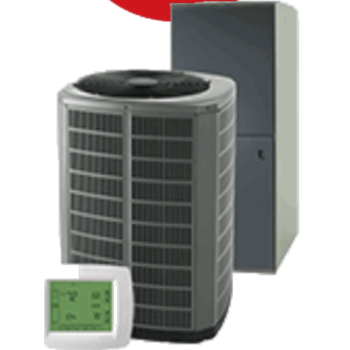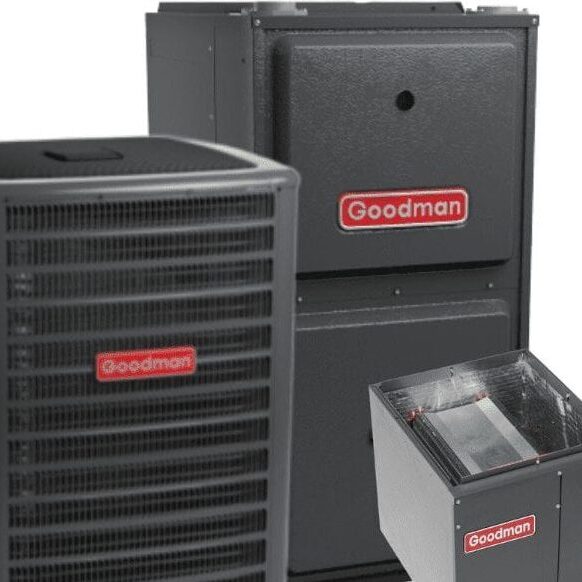Heating Systems: Heat Pumps vs. Traditional Gas Furnaces
Welcome to the ultimate guide on heating systems for your home! In today’s rapidly evolving world of technology, you have a myriad of choices for heating your home. Two of the most popular options are heat pumps and traditional gas furnaces. Below, we’ve broken down the ins and outs of these heating systems to help you make an informed decision.
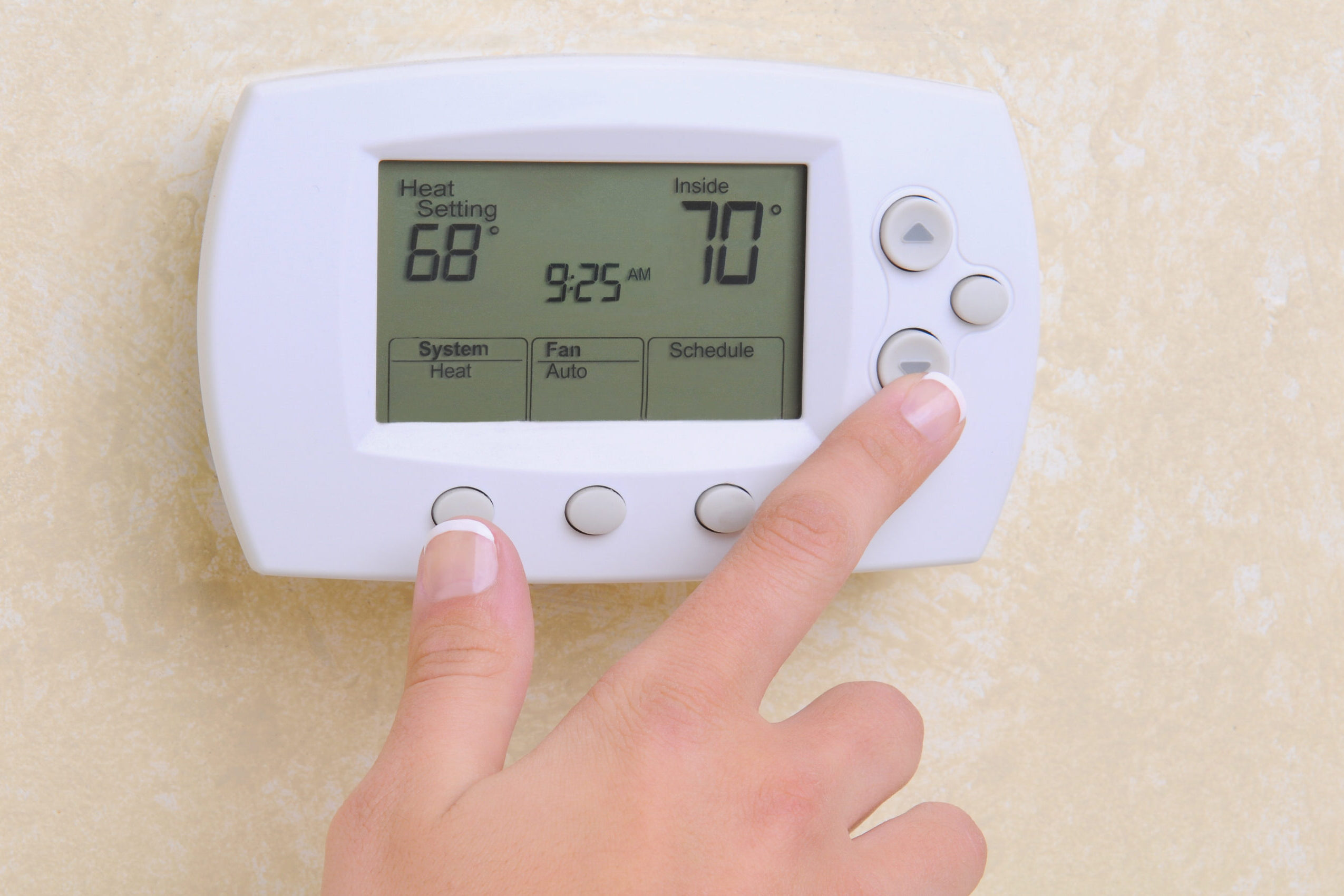

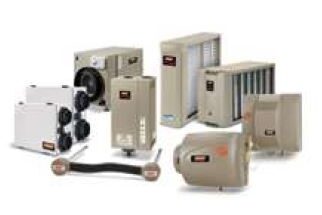
Heat Pumps
Heat pumps are versatile systems that can both heat and cool your home. They move heat from one place to another—extracting heat from the outside air during winter and reversing the process during summer.
Advantages of Heat Pumps
ENERGY EFFICIENT: Heat pumps are highly energy-efficient, often saving you money on your energy bills.
ECO-FRIENDLY: They operate on electricity and don’t emit carbon monoxide, making them more environmentally friendly.
YEAR-ROUND USE: Heat pumps can be used year-round for both heating and cooling, offering a versatile solution.
Disadvantages of Heat Pumps
UPFRONT COST: Initial setup can be more expensive.
LIMITED EFFICIENCY IN EXTREM COLD: Heat pumps may struggle to keep up in extremely cold climates without supplemental heating.
Ideal For
Mild to moderate climates: Where temperatures are generally above freezing.
Homeowners seeking an eco-friendly solution: Those keen to reduce their carbon footprint.
Traditional Gas Furnaces
Gas furnaces are a type of forced-air heating system that uses natural gas as a fuel source. They are particularly effective in producing high levels of heat and are commonly used in colder climates.
Advantages of Gas Furnaces
HIGH HEATING CAPACITY: Gas furnaces can produce a large amount of heat, ideal for extremely cold climates.
LOWER UPFRONT COST: Generally cheaper to install than heat pumps.
LONG LIFESPAN: With proper maintenance, gas furnaces can last up to 20 years.
Disadvantages of Gas Furnaces
HIGHER OPERATING COST: Gas furnaces can be more expensive to operate, depending on natural gas prices.
CARBON EMISSIONS: They produce carbon monoxide, contributing to environmental pollution.
HEATING ONLY: Gas furnaces are exclusively for heating, requiring a separate system for cooling.
Ideal For
Colder climates: Where temperatures frequently drop below freezing.
Homes with existing natural gas lines: Making installation easier and more cost-effective.
Which is Right for You?
When choosing between a heat pump and a traditional gas furnace, consider the following factors:
1. Climate: Gas furnaces are better suited for colder climates, while heat pumps work well in milder conditions.
2. Energy Costs: Check the price difference between electricity and natural gas in your area.
3. Environmental Concerns: Heat pumps are more eco-friendly compared to gas furnaces.
4. Installation: The setup process varies, with heat pumps generally requiring a larger initial investment.

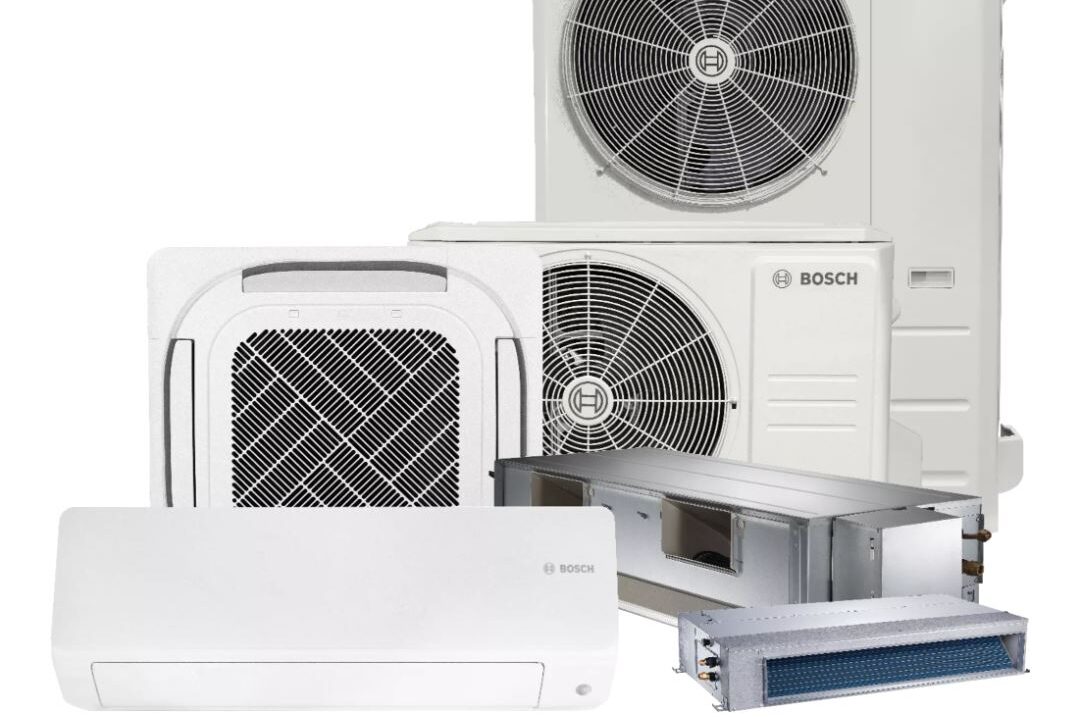

Ready to Make Your Choice?
If you’re still unsure which heating system is best for your needs, our expert team is here to help! Contact us today for a tailored consultation and free quote.
Keep your home warm and comfortable with the right heating system. Choose wisely, and you’ll enjoy years of reliable and efficient heating.

